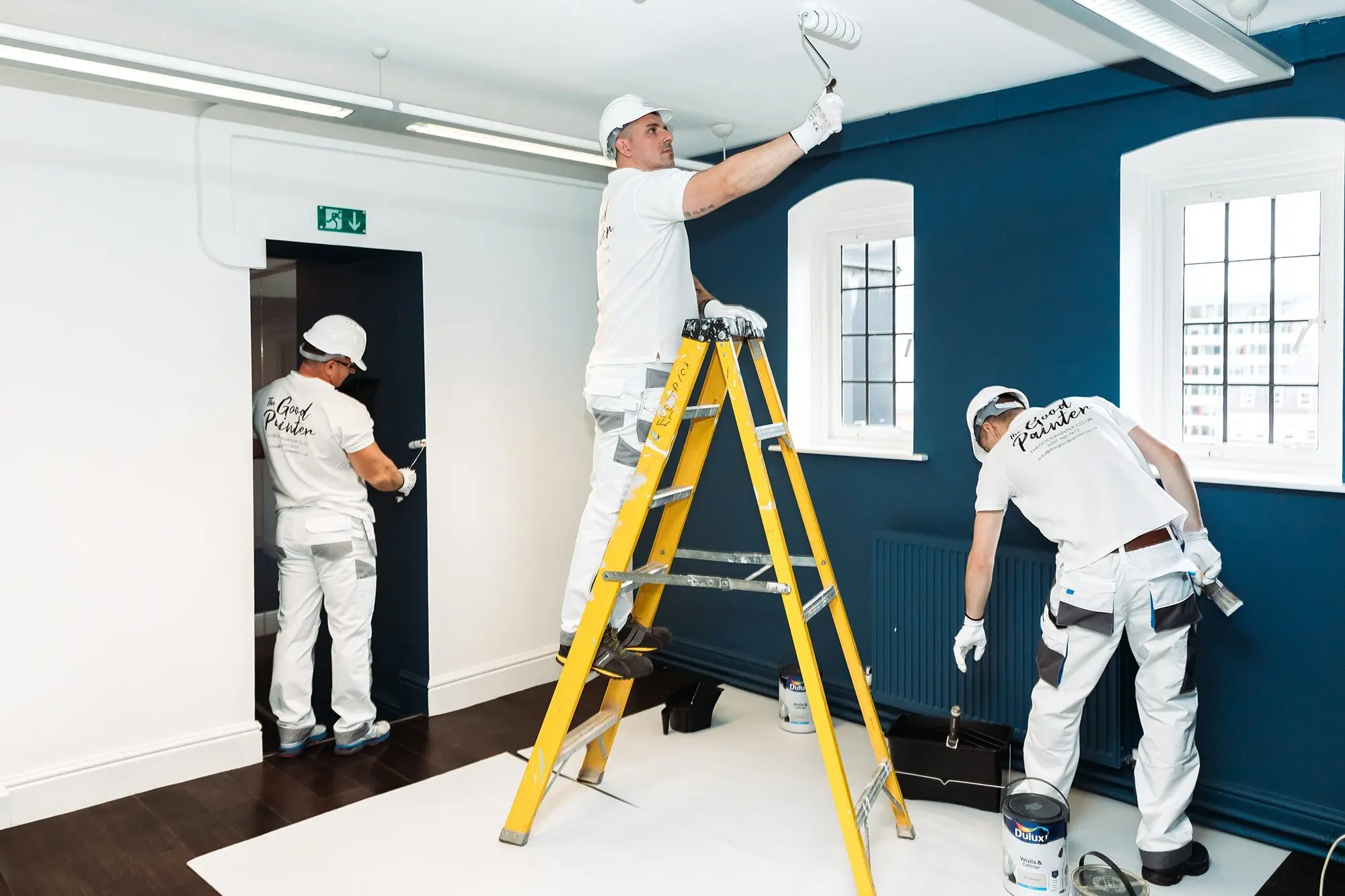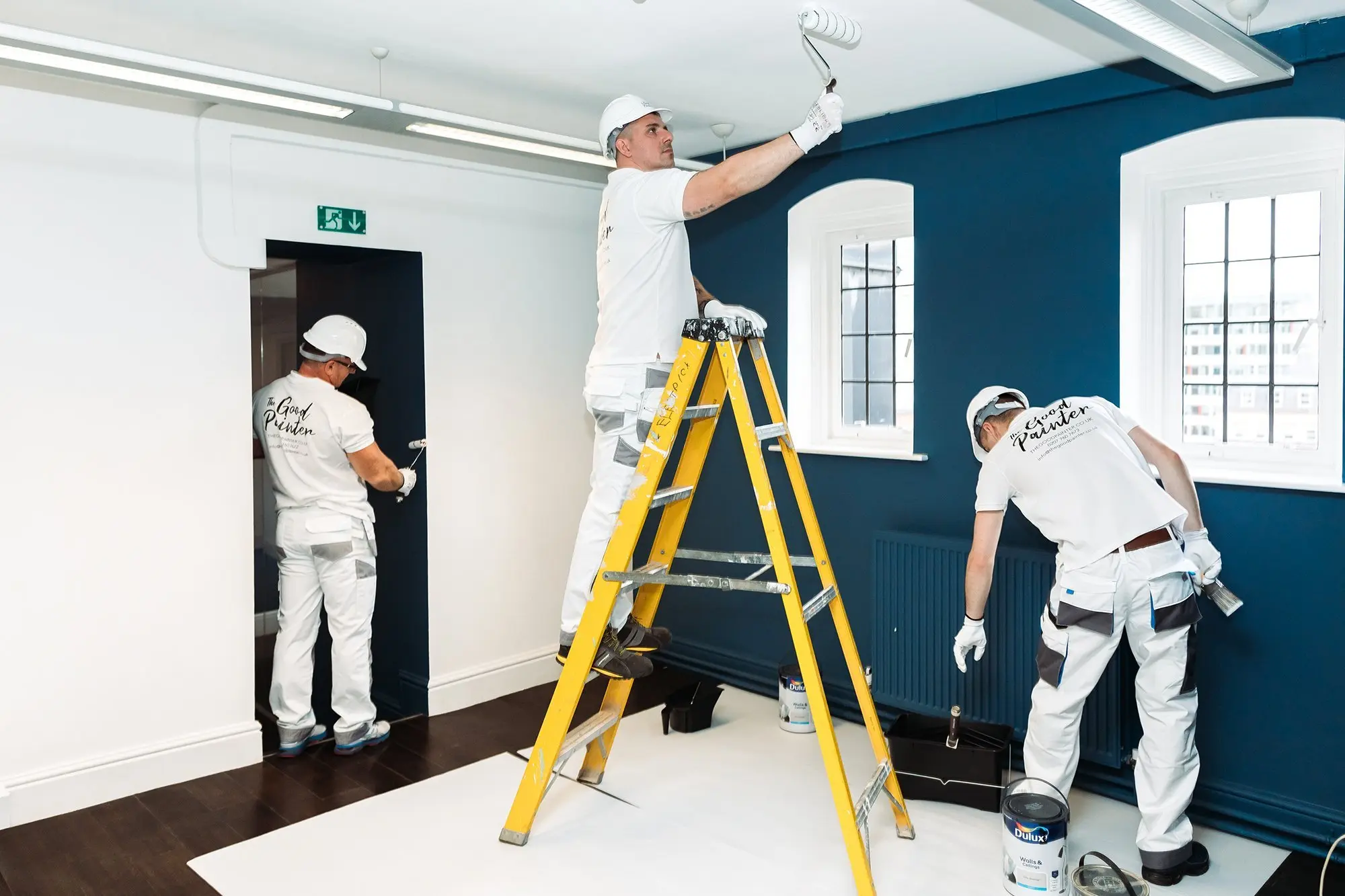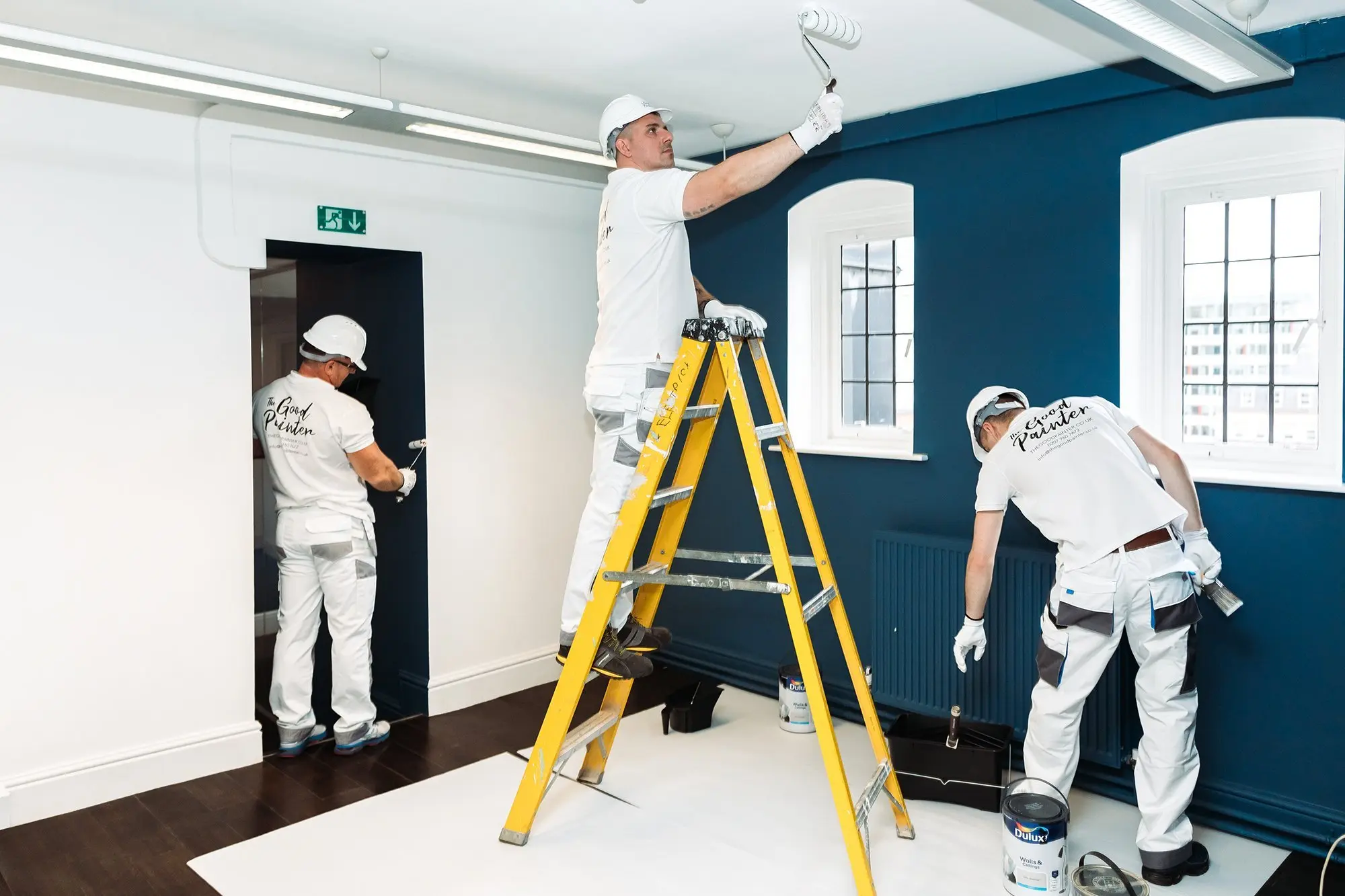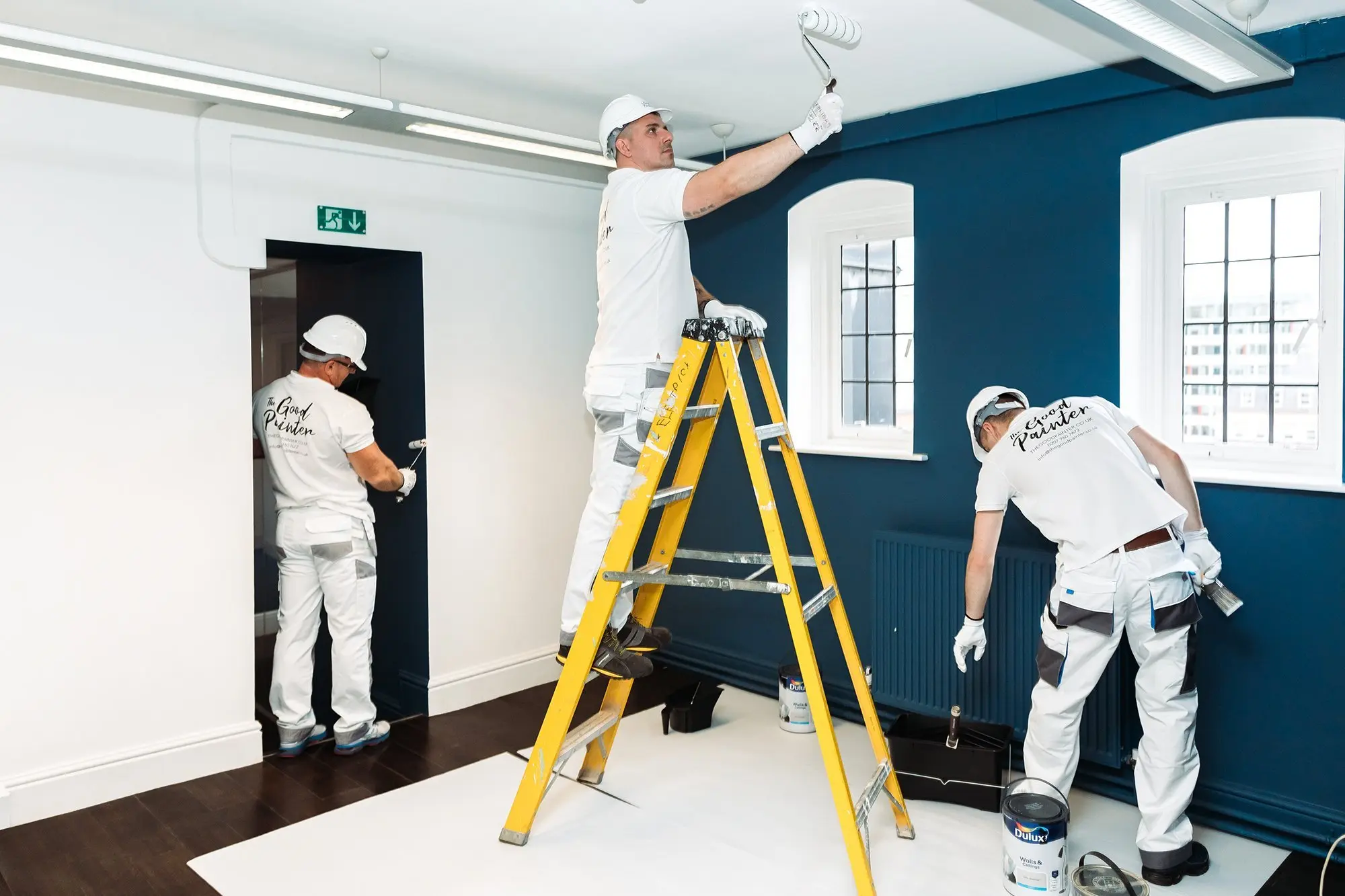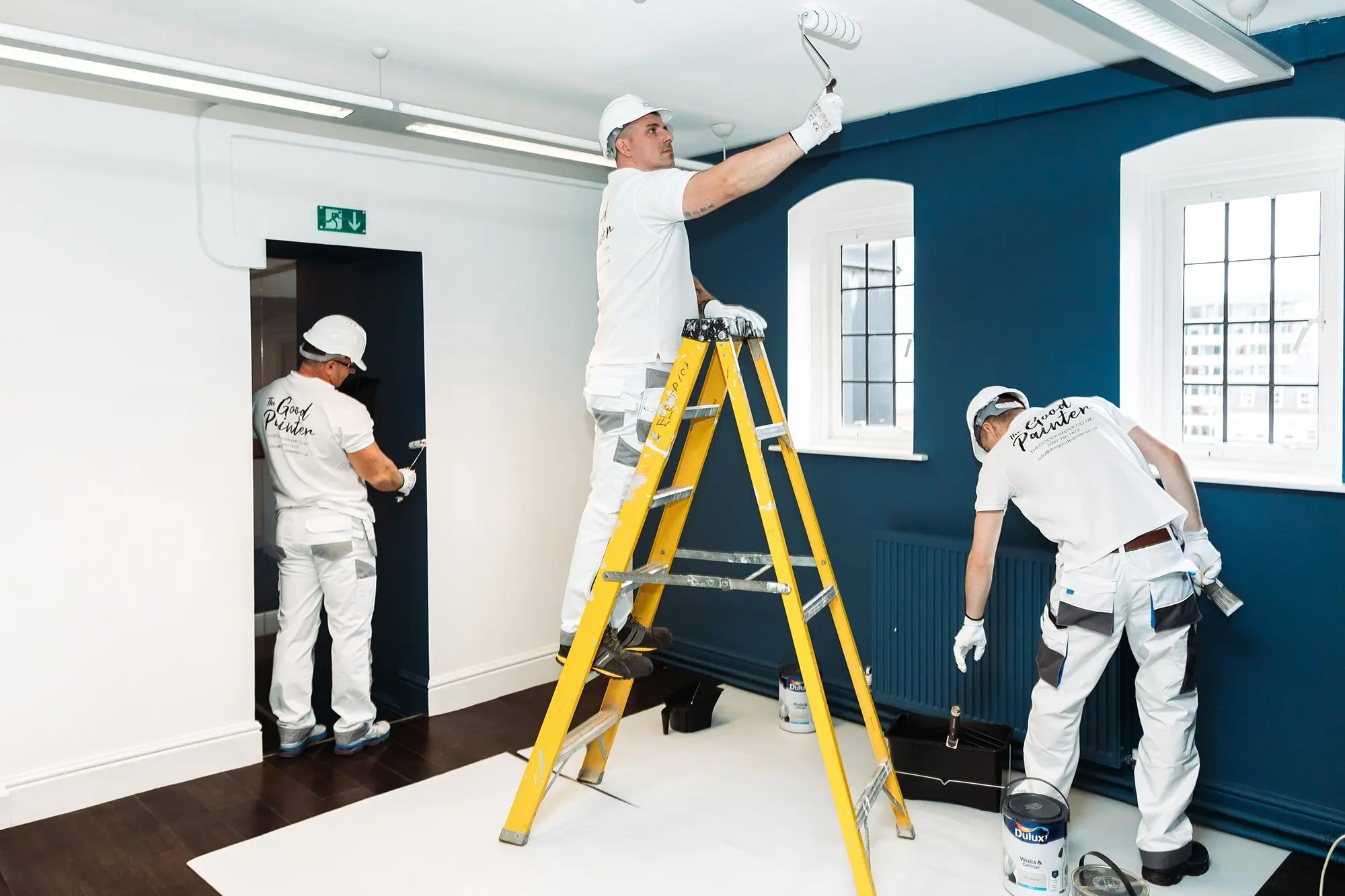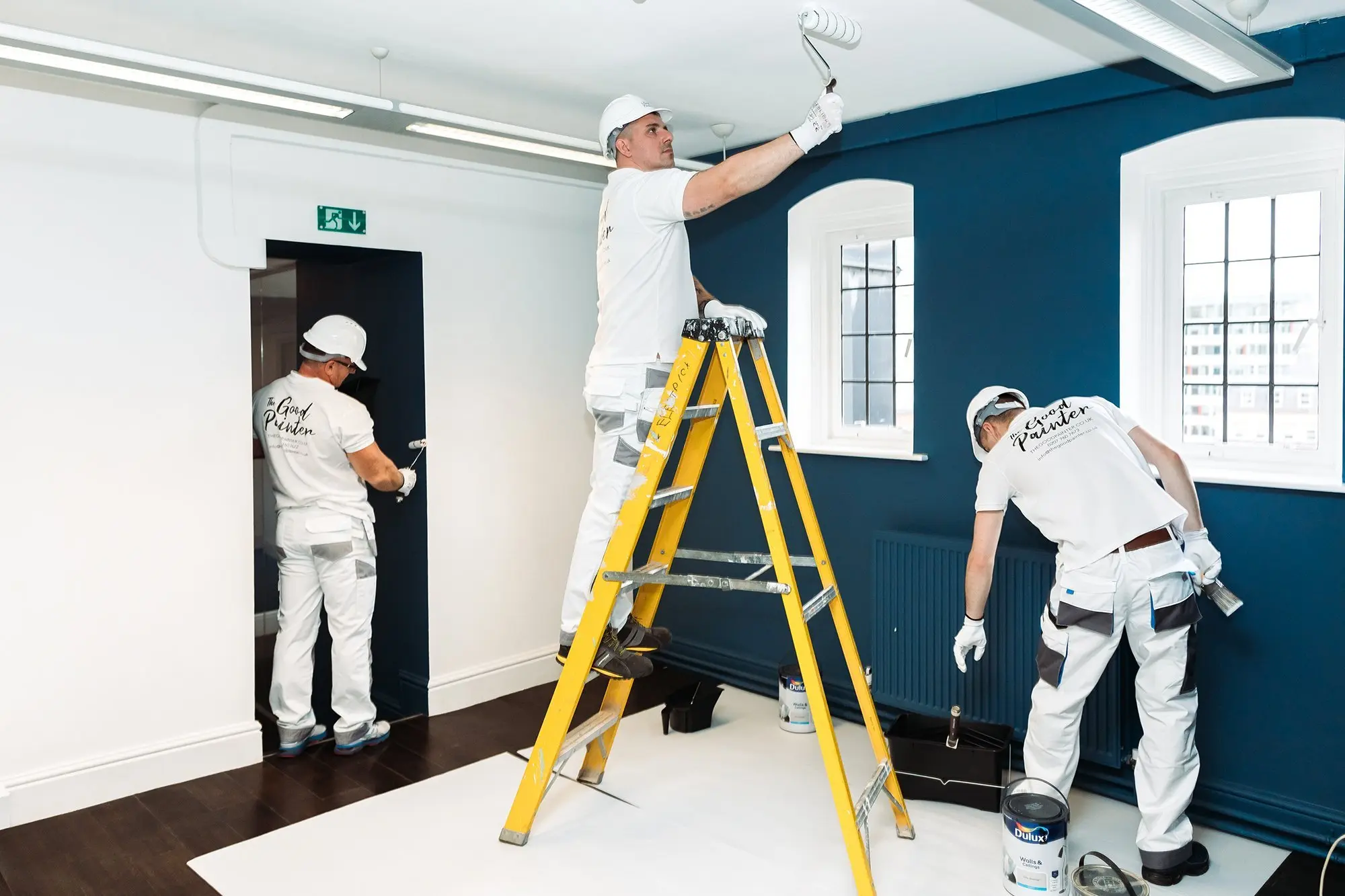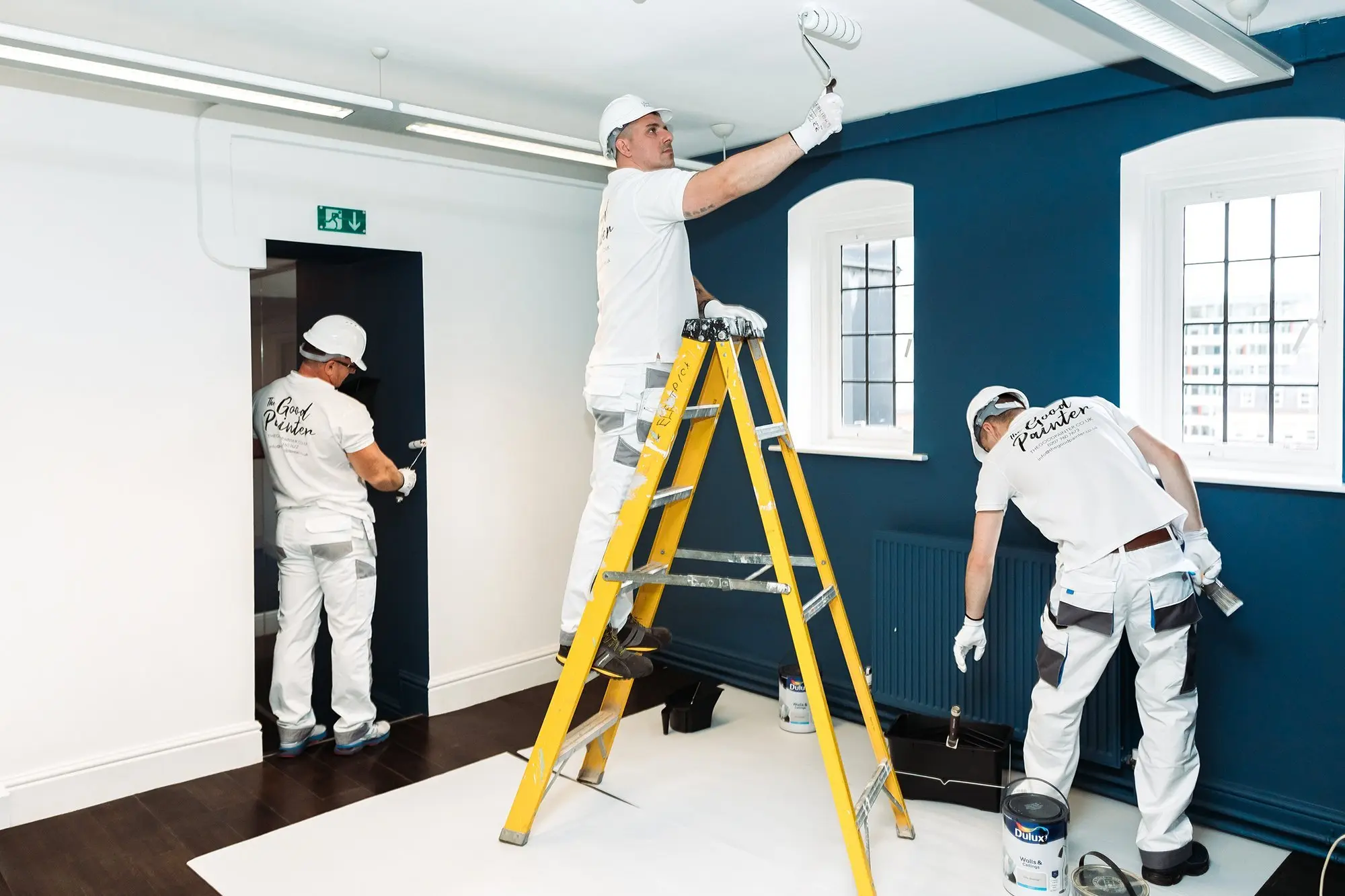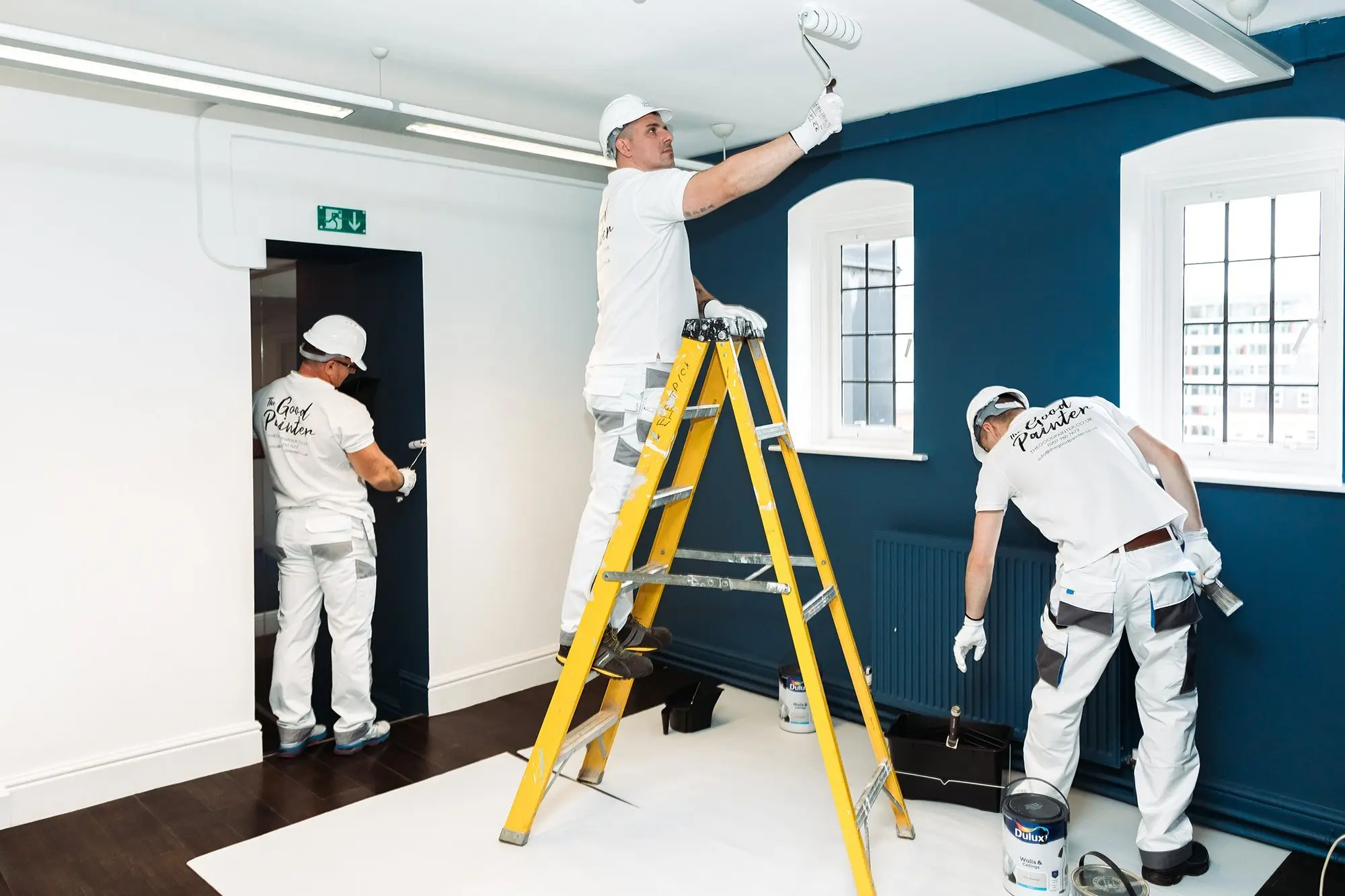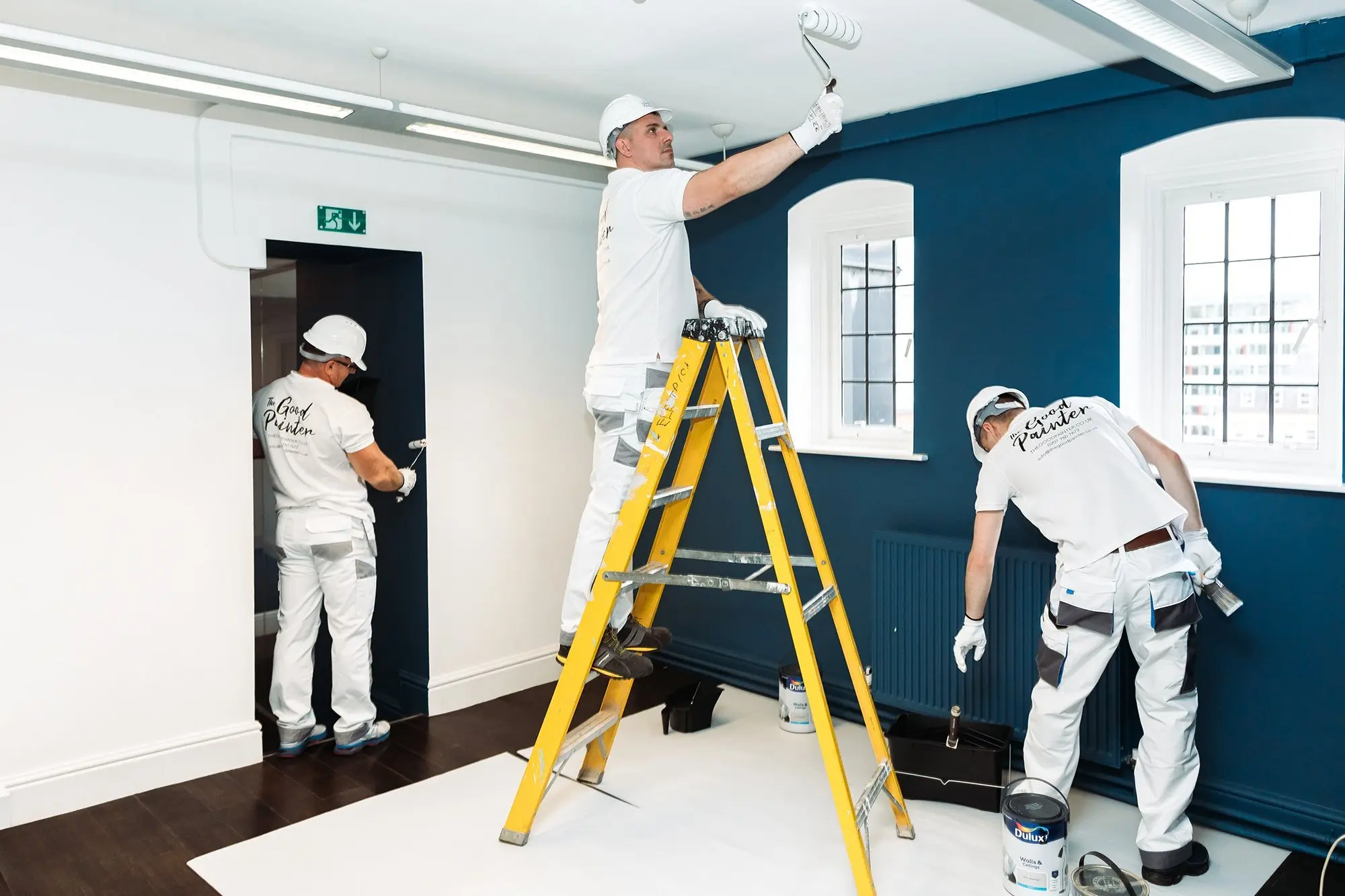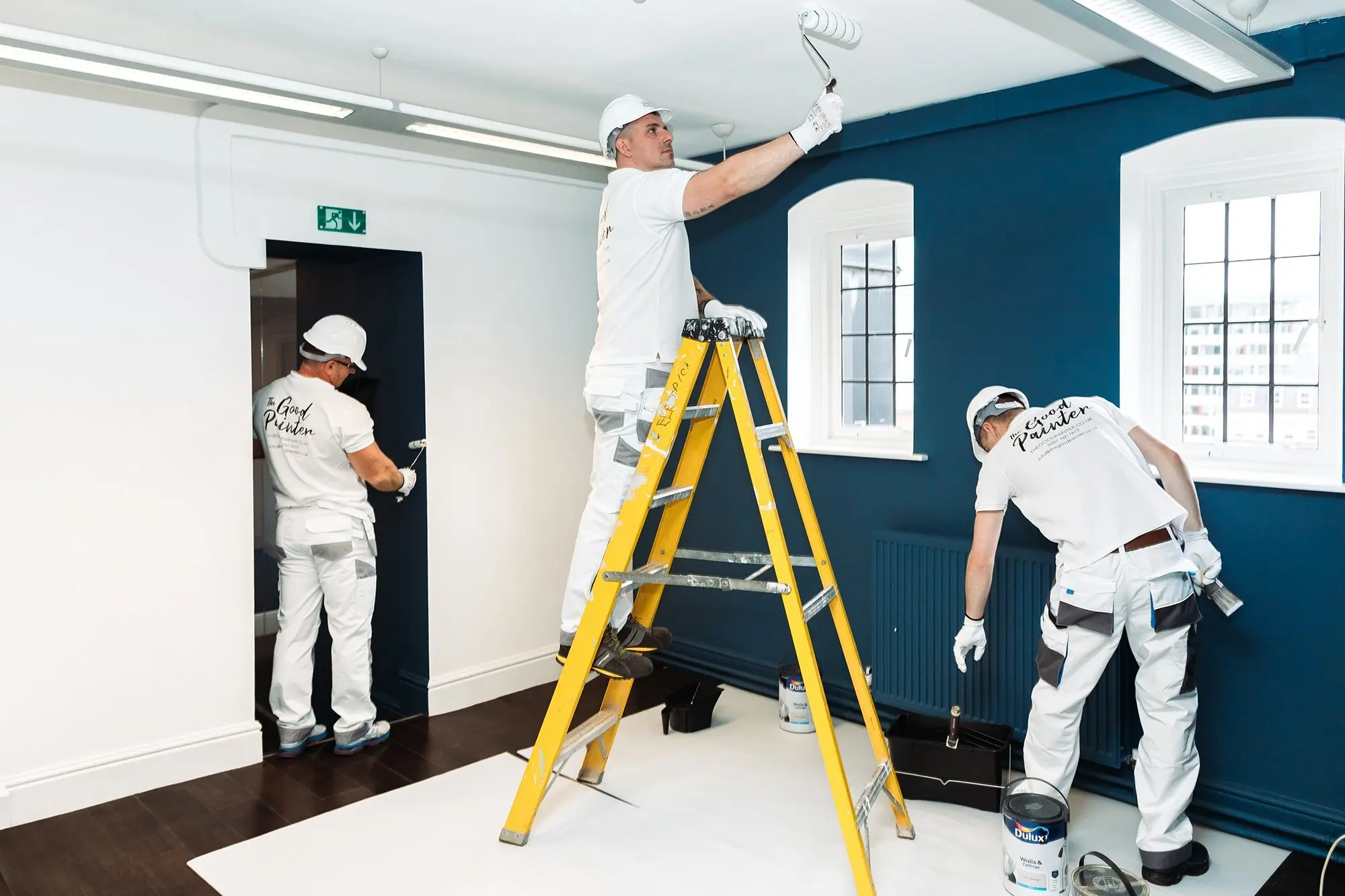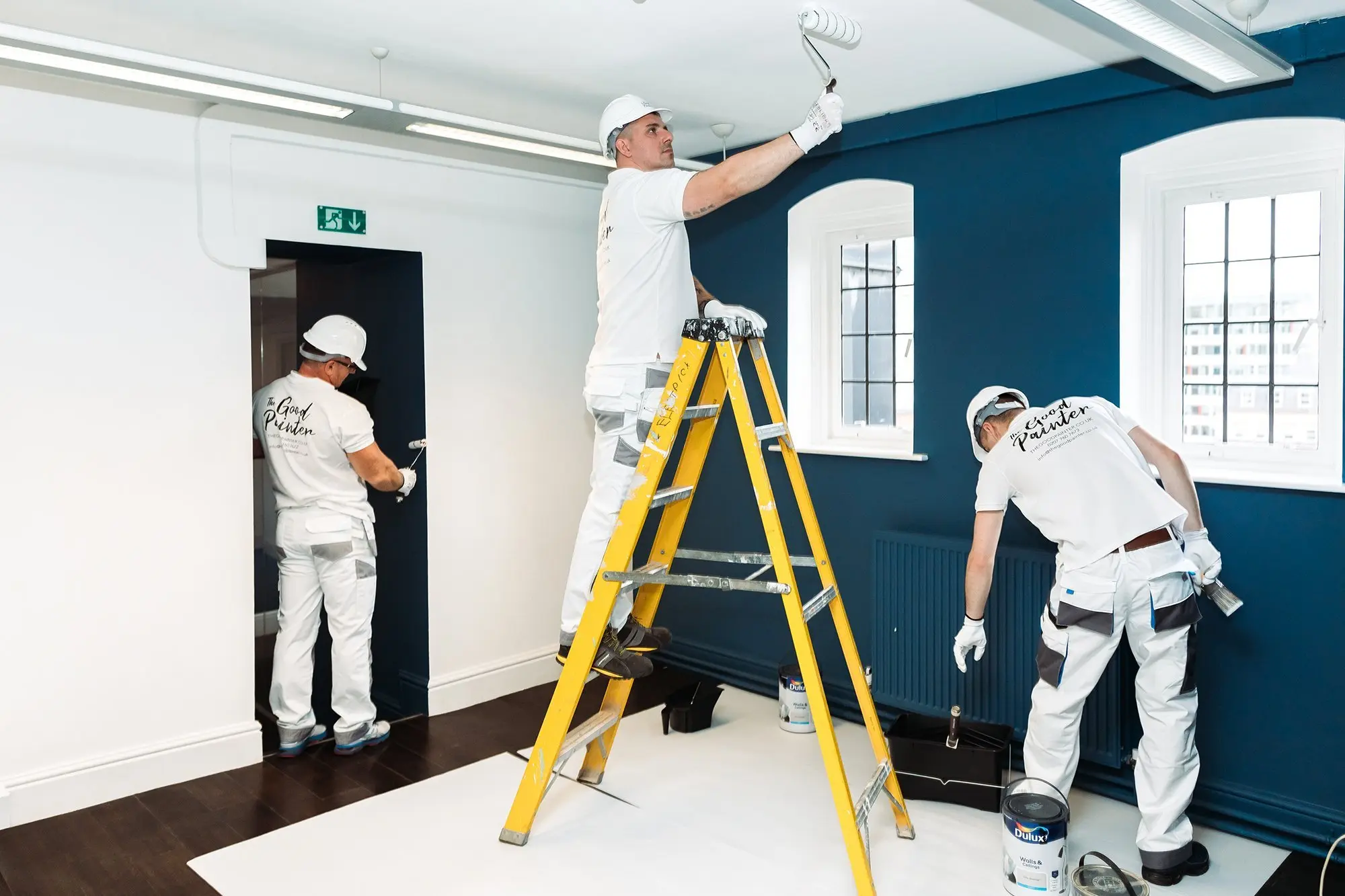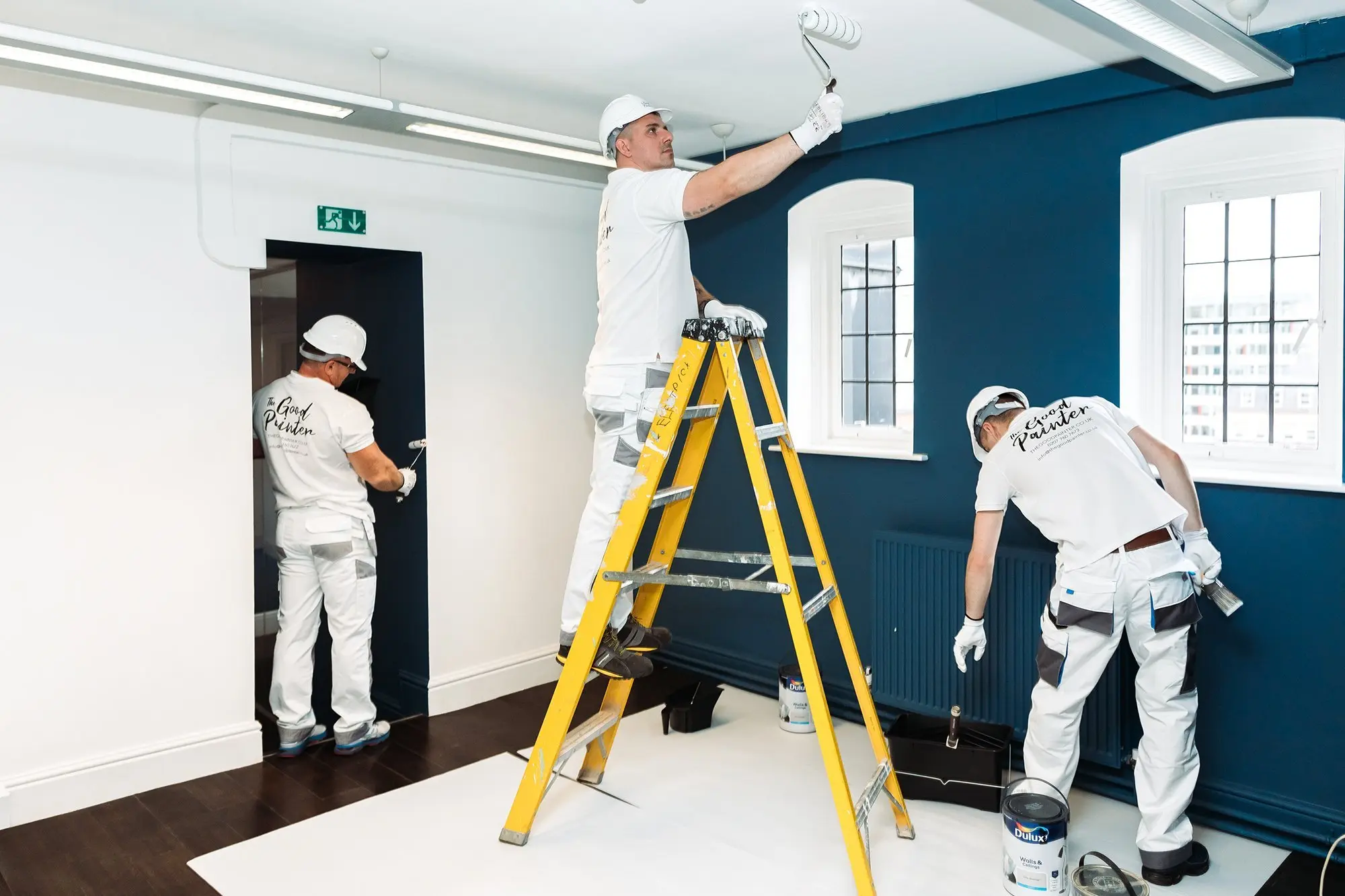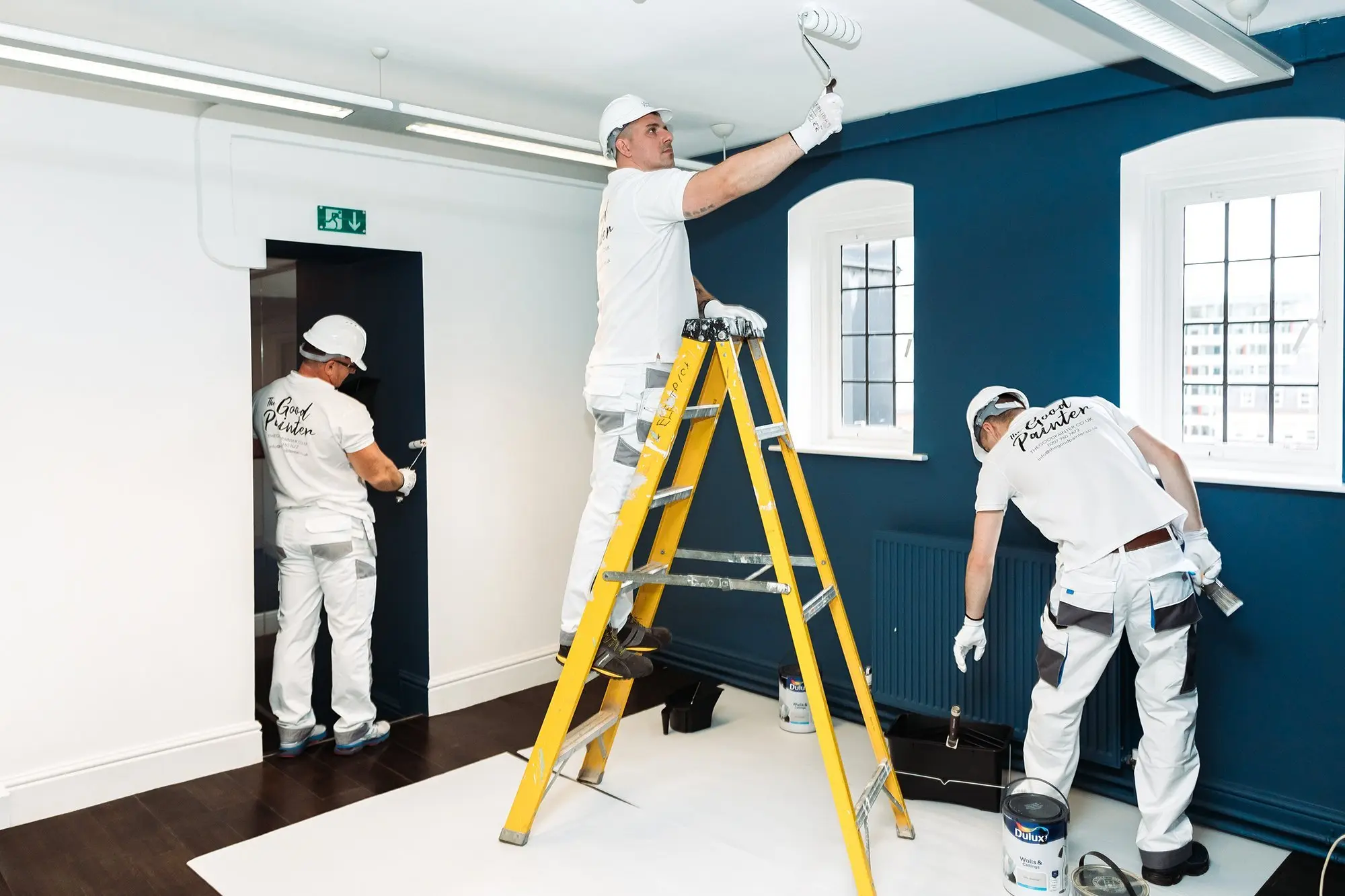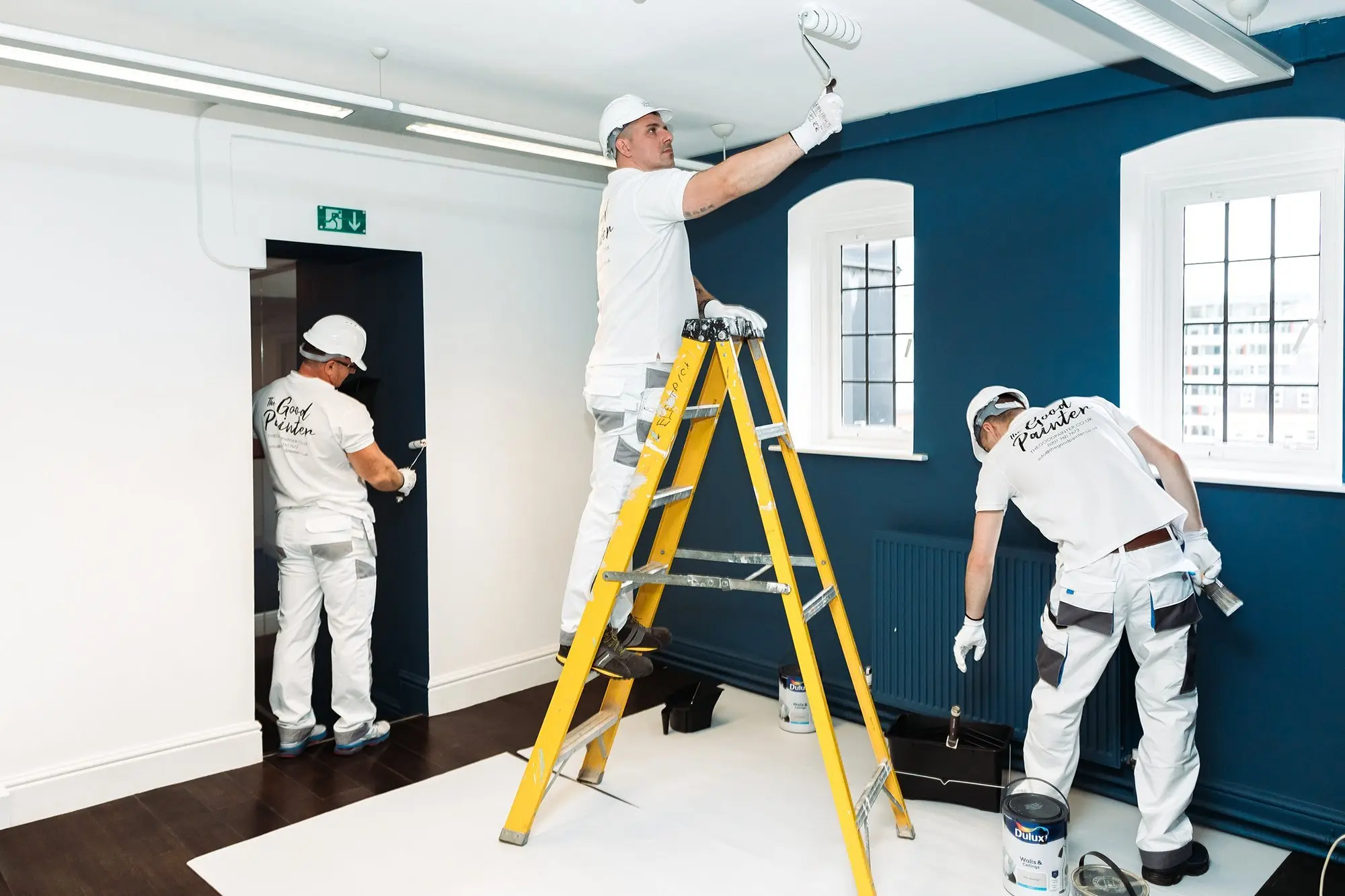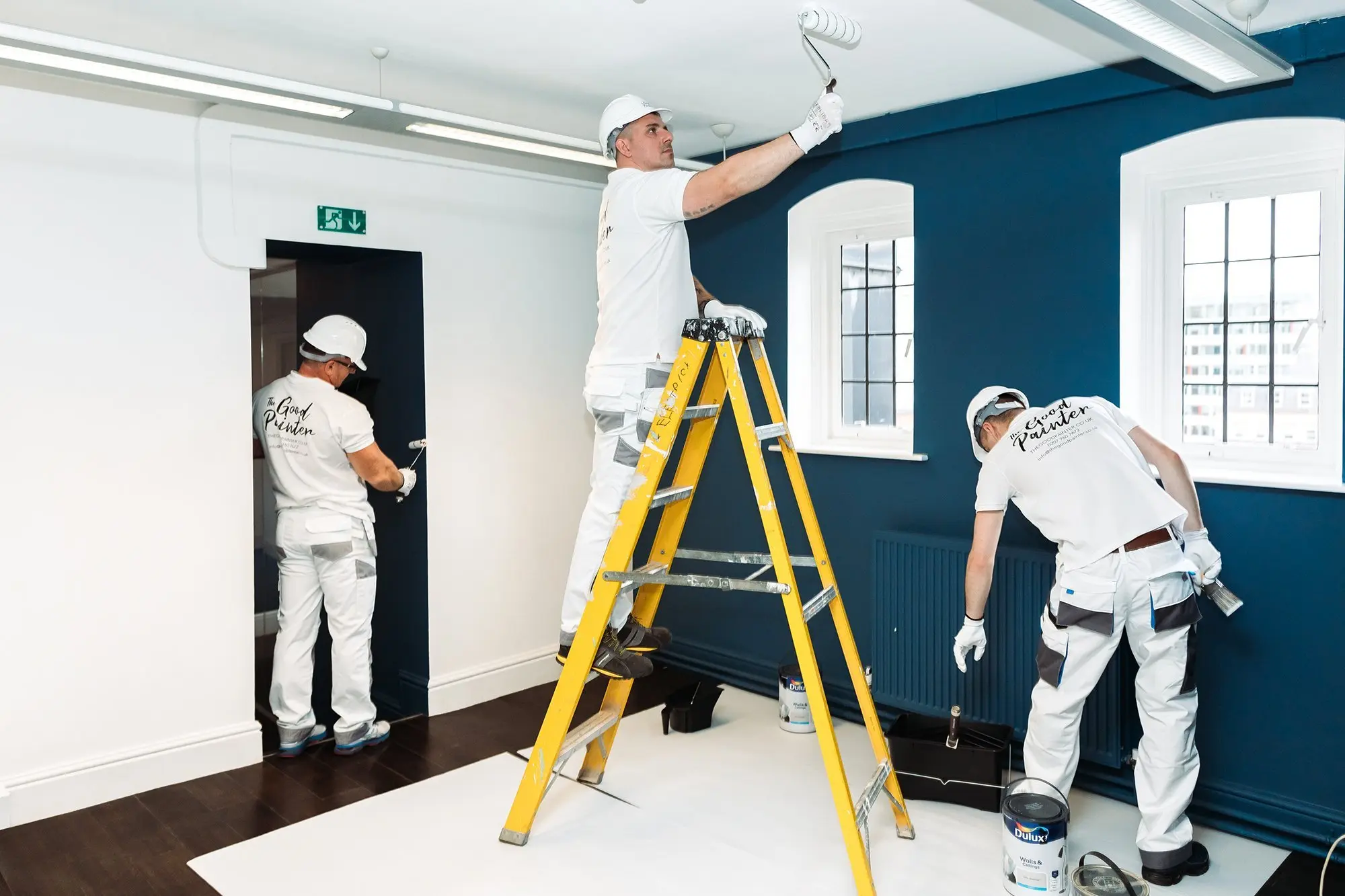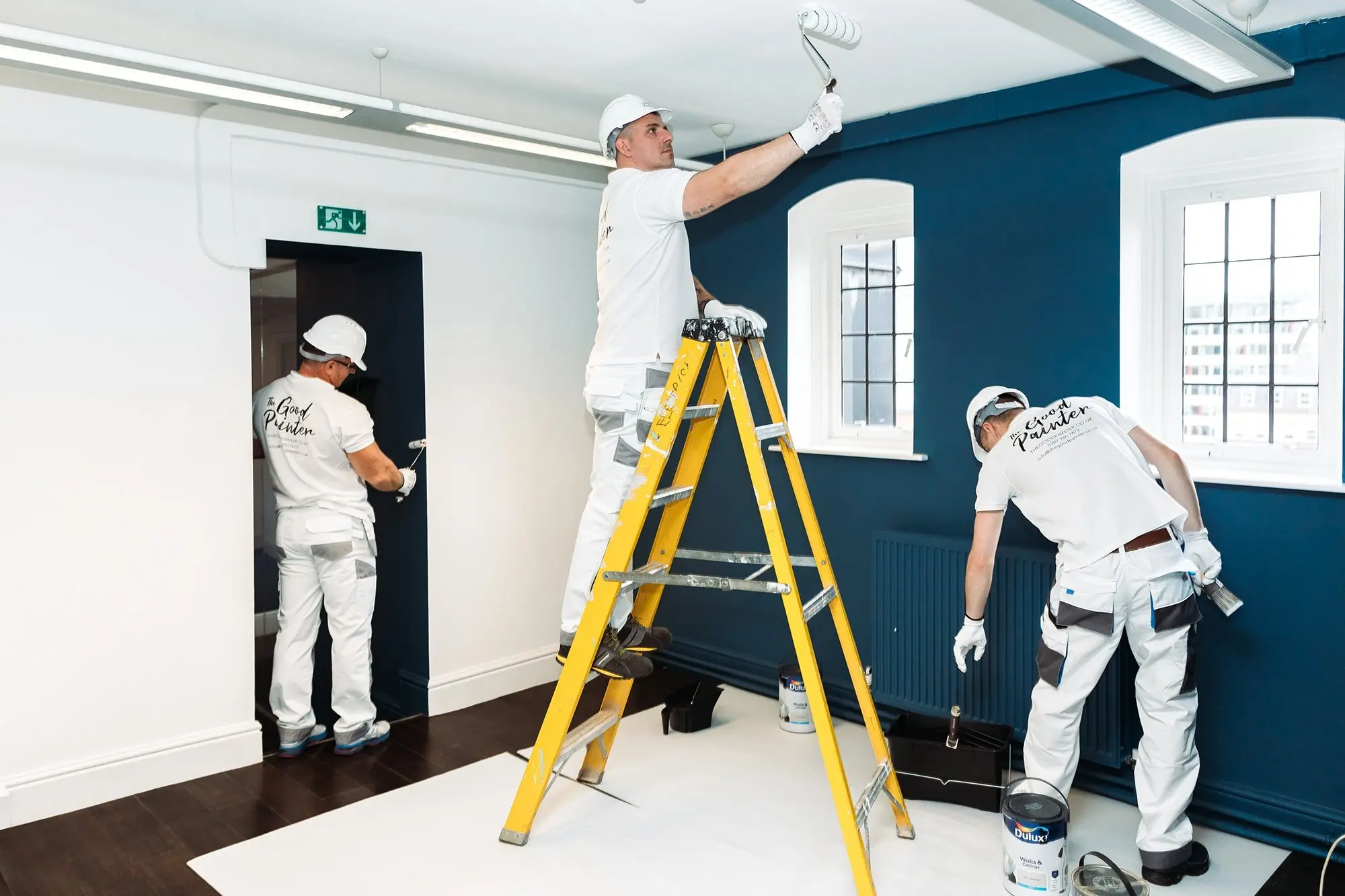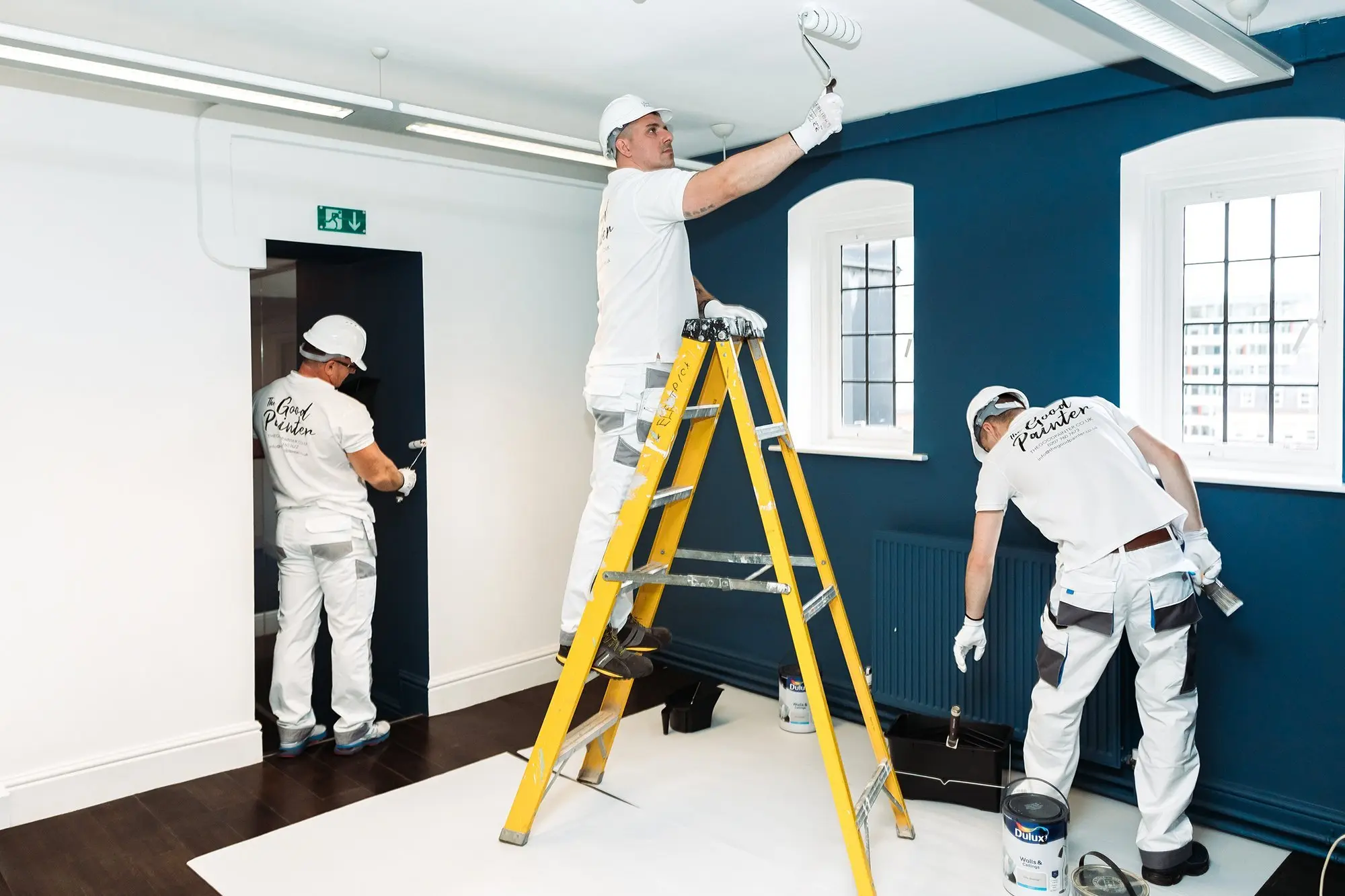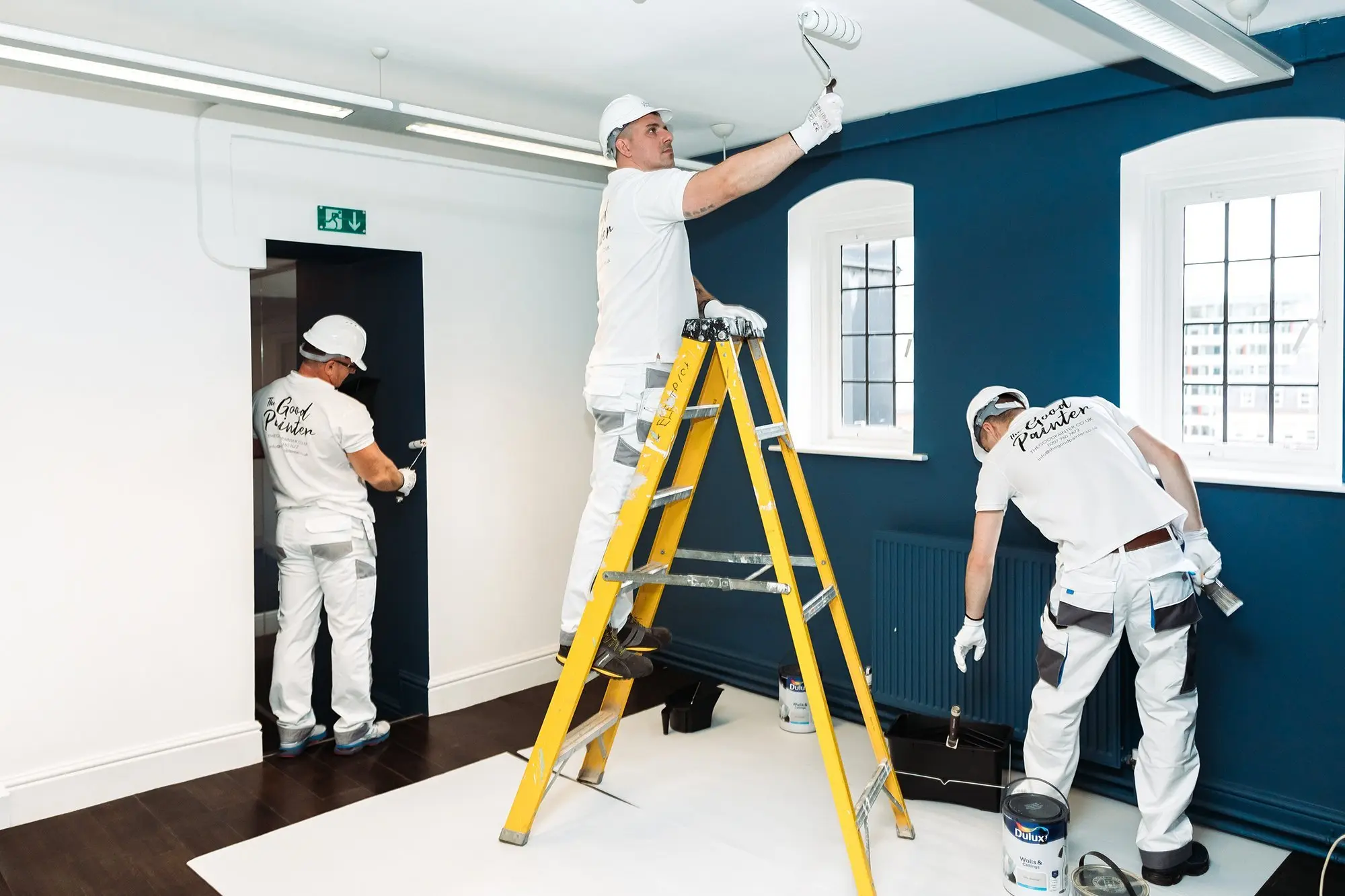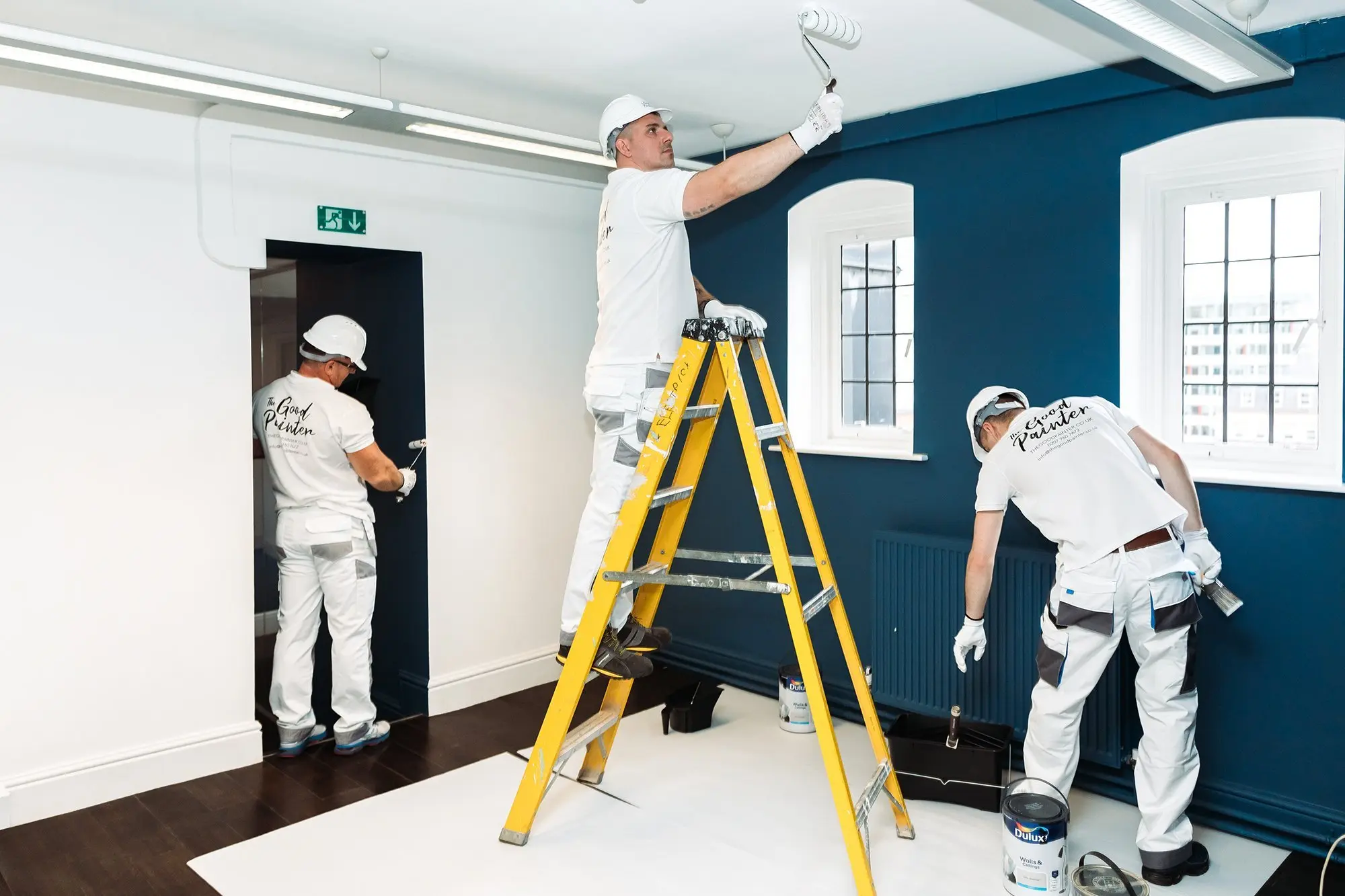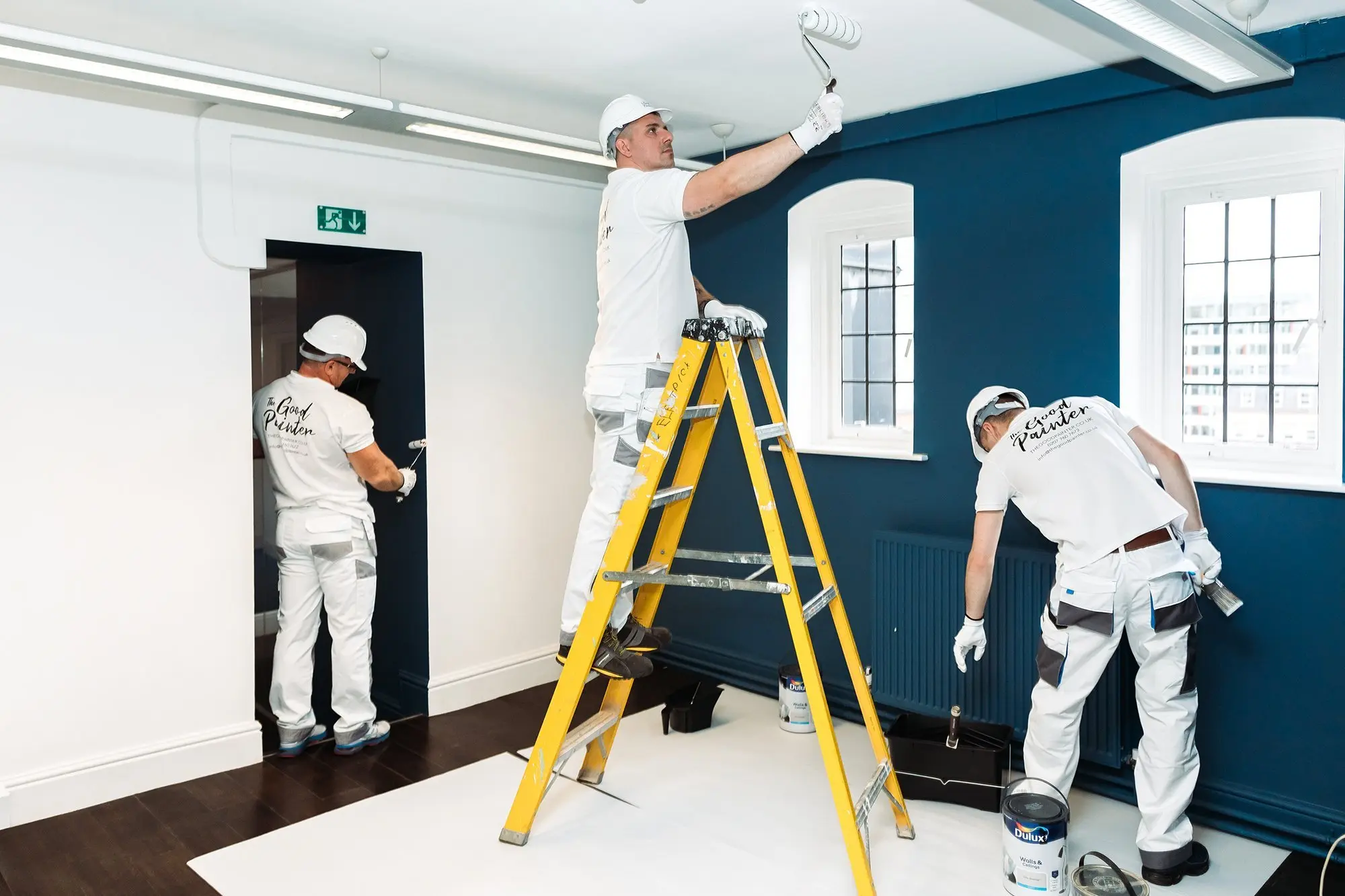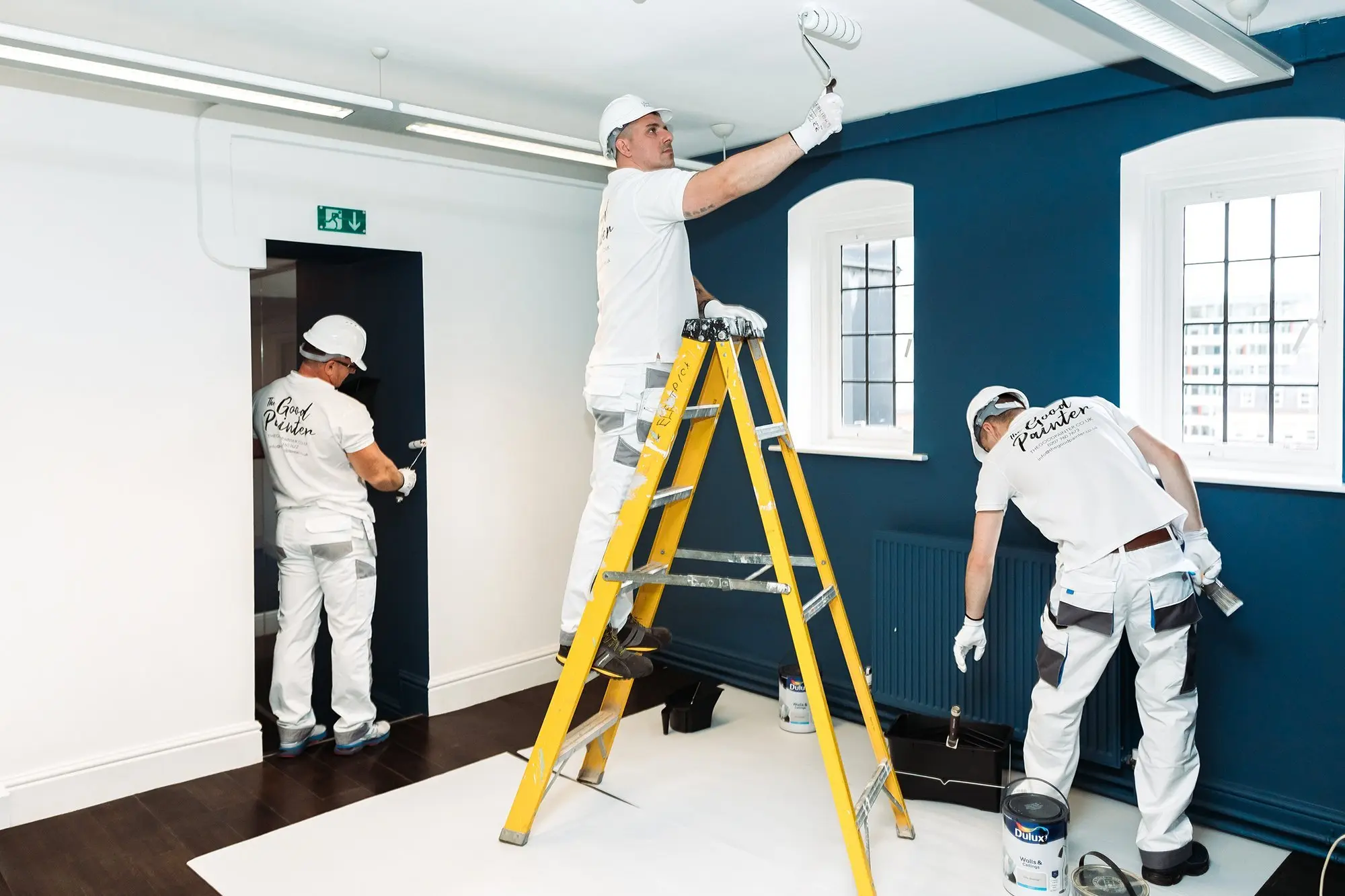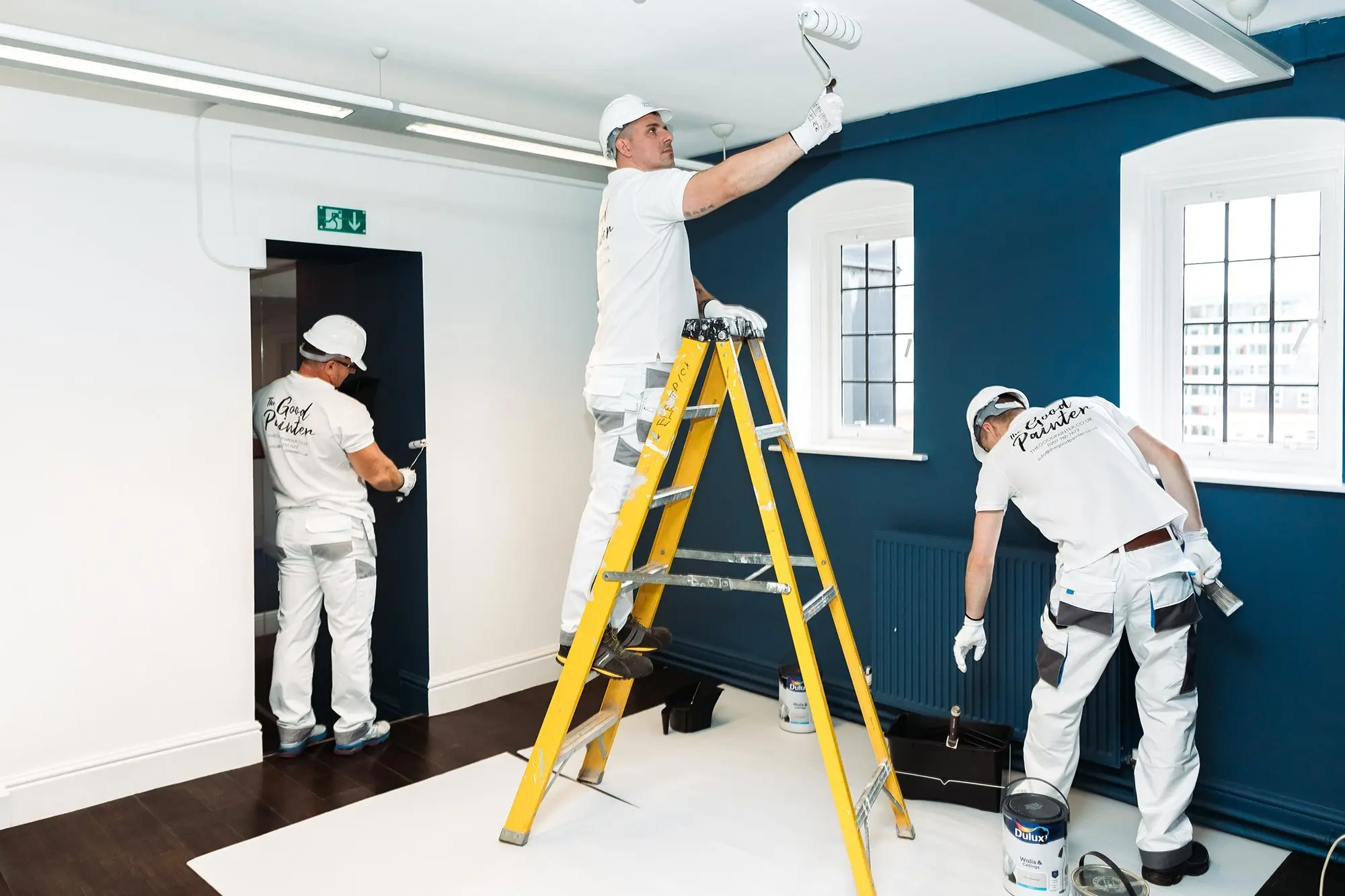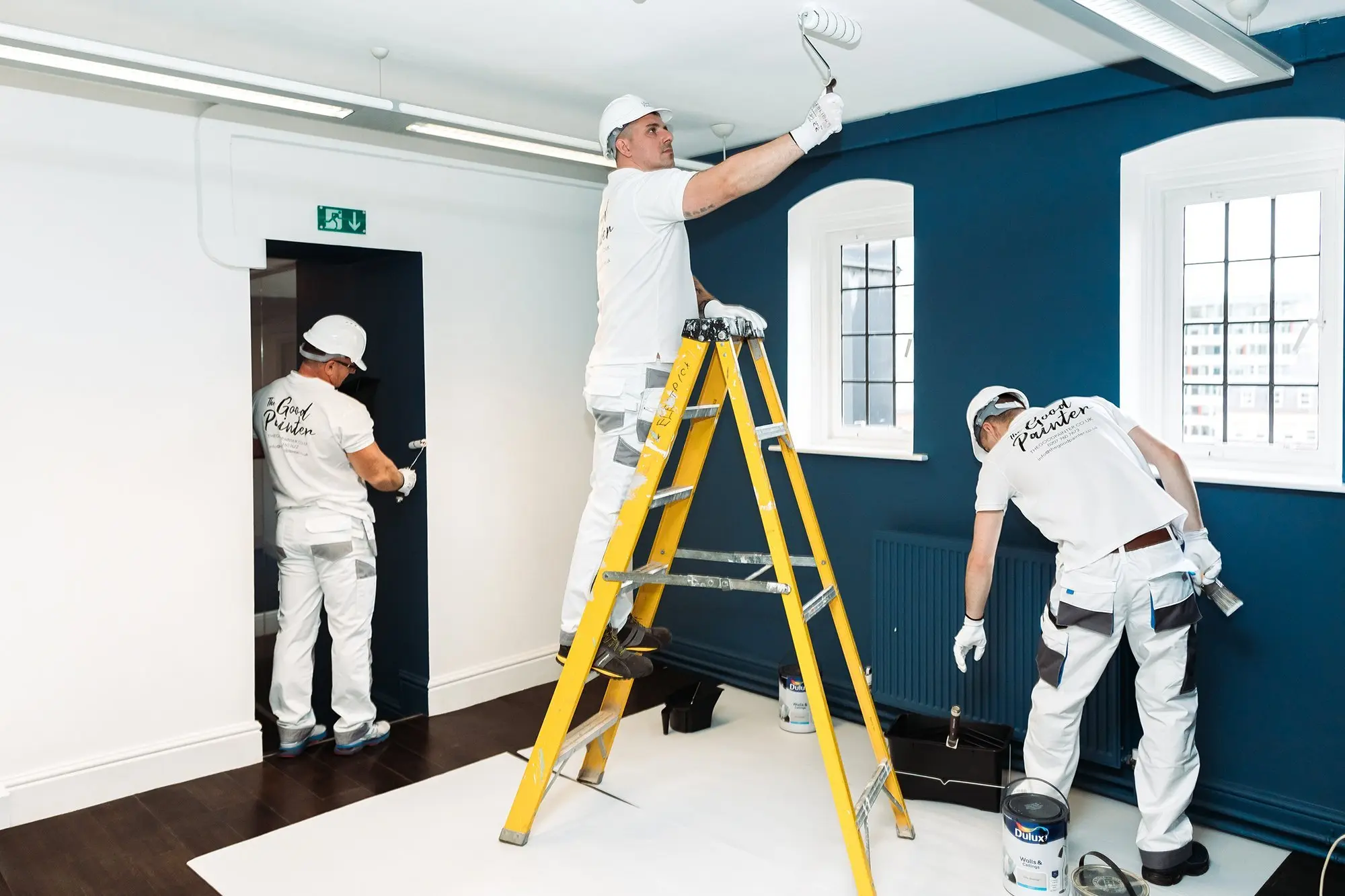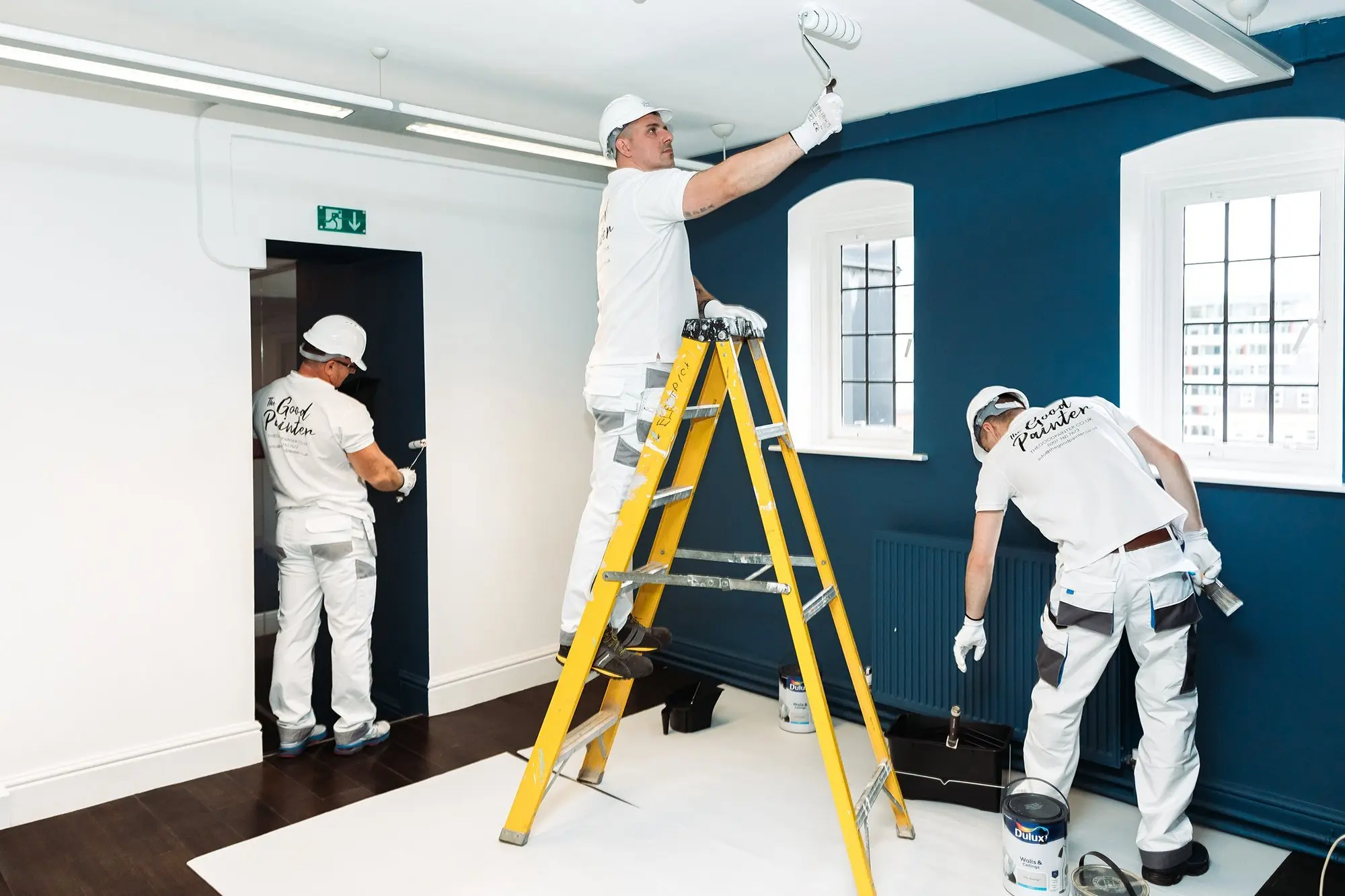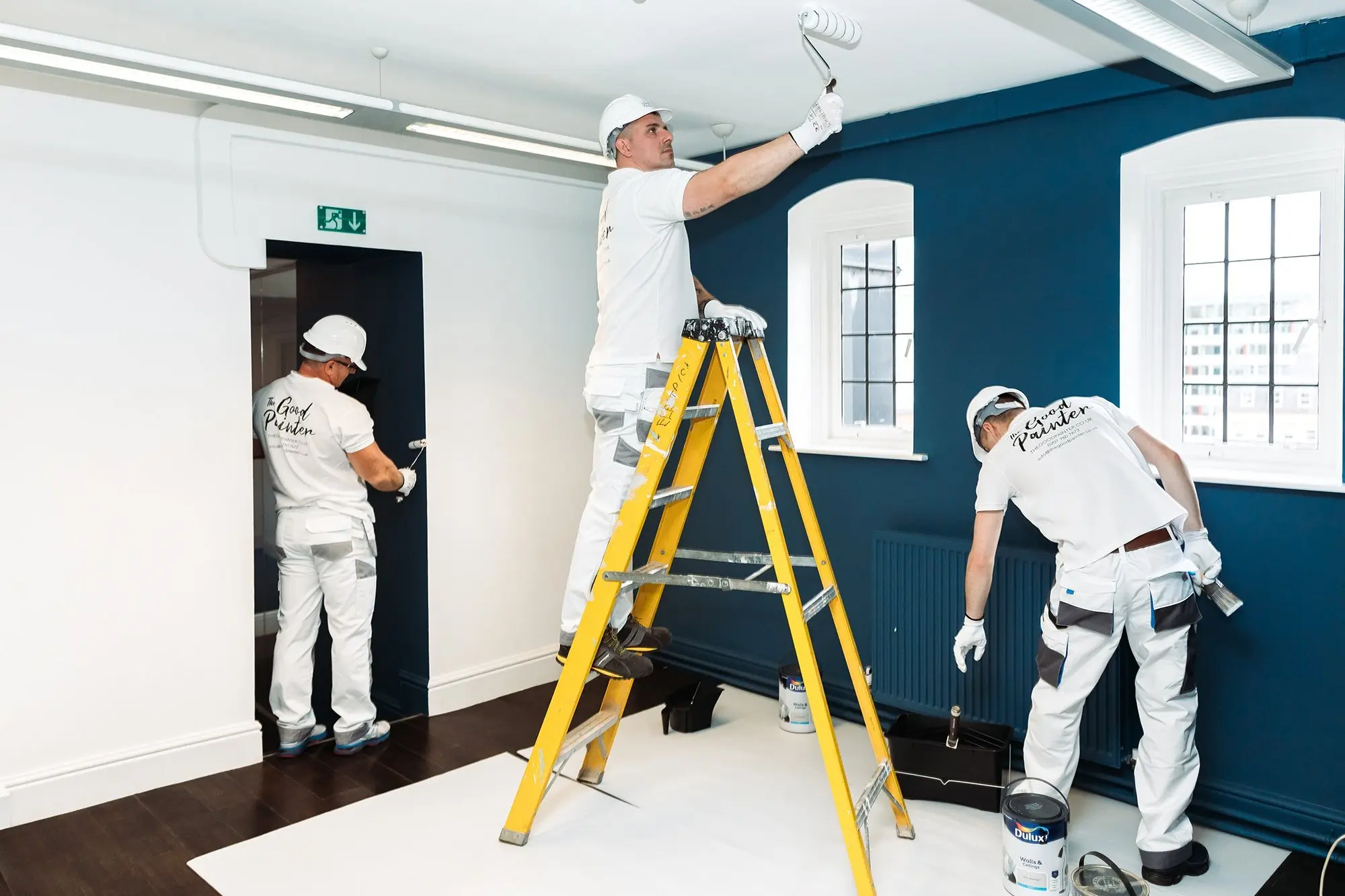As a painter and decorator running your own business, protecting your employees should be one of your top prio…
Painter & Decorator Product Liability Insurance: Essential Protection for Decorating Professionals
Introduction
As a painter and decorator, your expertise transforms spaces and brings clients' visions to life. However, with this creative responsibility comes potential liability risks that could threaten your business's financial stability. Product liability insurance specifically protects painting and decorating professionals against claims arising from the materials, products, and finishes you apply in your work.
Whether you're a sole trader working on residential projects or a larger decorating company handling commercial contracts, understanding product liability insurance is crucial for protecting your business against potentially devastating claims related to paint failures, material defects, or adverse reactions to decorating products.
What is Product Liability Insurance for Painters & Decorators?
Product liability insurance for painters and decorators provides financial protection against claims arising from defective or harmful products used in your decorating work. This specialized coverage protects you when clients or third parties suffer injury, illness, or property damage allegedly caused by paints, varnishes, wallpapers, adhesives, or other decorating materials you've applied.
Unlike general public liability insurance that covers accidents during work, product liability specifically addresses issues that emerge after project completion, often weeks or months later when problems with applied materials become apparent.
Key Coverage Areas
Paint and Coating Failures
Product liability insurance covers claims when applied paints or coatings fail to perform as expected, causing property damage or requiring expensive remedial work. This includes issues like premature peeling, color fading, or chemical reactions between different paint systems.
Material Defects and Contamination
Coverage extends to situations where decorating materials contain defects or contamination that wasn't apparent during application but later causes problems. This might include contaminated paint batches, defective wallpaper adhesives, or substandard varnishes.
Allergic Reactions and Health Issues
The insurance protects against claims where clients or occupants suffer allergic reactions, respiratory problems, or other health issues allegedly caused by decorating products you've used, even when products were applied according to manufacturer guidelines.
Environmental and Chemical Concerns
Modern product liability coverage addresses claims related to environmental concerns, including VOC emissions, chemical sensitivities, or long-term health effects from decorating materials, reflecting growing awareness of indoor air quality issues.
Common Product Liability Scenarios
Residential Projects
In domestic settings, product liability claims often arise from paint fumes affecting family members with respiratory conditions, wallpaper adhesives causing allergic reactions, or decorative finishes that don't withstand normal household wear as promised.
Commercial and Public Buildings
Commercial projects present higher risks due to greater occupancy and stricter health and safety requirements. Claims might involve paint systems failing in high-traffic areas, fire-retardant coatings not meeting safety standards, or decorating materials affecting indoor air quality in offices or schools.
Specialized Applications
Decorators working on specialized projects like food preparation areas, healthcare facilities, or children's spaces face unique product liability risks related to hygiene standards, safety regulations, and specialized coating requirements.
Industry-Specific Risks
Paint System Compatibility
Modern decorating often involves complex paint systems with primers, base coats, and topcoats. Product liability claims can arise when incompatible products react adversely, causing coating failure or property damage.
Substrate Preparation Products
Sealers, primers, and surface preparation products carry liability risks if they fail to perform correctly, leading to adhesion problems or substrate damage that becomes apparent after project completion.
Decorative Finishes and Specialty Coatings
High-end decorative finishes, textured coatings, and specialty applications like antimicrobial paints carry additional product liability risks due to their specialized nature and performance expectations.
Eco-Friendly and Low-VOC Products
While environmentally friendly products are increasingly popular, they can present unique liability challenges if they don't perform as expected or if clients have unrealistic expectations about their capabilities.
Coverage Benefits
Legal Defense Costs
Product liability insurance covers legal defense costs even for unfounded claims, which can be substantial given the complex technical nature of decorating material disputes and the need for expert witnesses.
Settlement and Damages
The policy covers settlement costs and damages awarded against you, protecting your business assets and personal finances from potentially catastrophic product liability claims.
Recall and Remedial Costs
Some policies include coverage for costs associated with removing and replacing defective materials, though this is often subject to specific terms and conditions.
Business Continuity Protection
By transferring product liability risks to insurers, you can focus on your decorating work without constant worry about potential material-related claims that could emerge months or years after project completion.
Factors Affecting Premiums
Business Size and Turnover
Larger decorating businesses with higher turnovers typically face higher premiums due to increased exposure, though they may benefit from economies of scale in coverage costs.
Project Types and Complexity
Commercial projects, specialized applications, and high-value residential work generally result in higher premiums due to increased liability exposure and potential claim values.
Product Selection and Quality
Decorators who consistently use high-quality, well-established products from reputable manufacturers may benefit from lower premiums compared to those using budget or untested materials.
Claims History
Your previous product liability claims history significantly impacts premium costs, with claim-free decorators typically enjoying lower rates and better coverage terms.
Risk Management Strategies
Product Selection and Sourcing
Choose decorating materials from reputable manufacturers with strong quality control and product liability support. Maintain detailed records of all products used, including batch numbers and application dates.
Manufacturer Guidelines Compliance
Always follow manufacturer application guidelines precisely, including surface preparation requirements, environmental conditions, and curing times. Document your compliance for potential future reference.
Client Communication and Expectations
Clearly communicate product limitations, maintenance requirements, and expected performance characteristics to clients. Written agreements help manage expectations and reduce liability exposure.
Ongoing Education and Training
Stay current with new products, application techniques, and industry standards through continuing professional development. This knowledge helps you make informed product choices and reduces liability risks.
Choosing the Right Coverage
Coverage Limits
Select coverage limits that reflect your business size, project values, and potential exposure. Consider both per-claim and aggregate limits to ensure adequate protection for multiple claims scenarios.
Policy Exclusions
Understand what's excluded from your product liability coverage, such as intentional acts, known defects, or specific types of materials or applications that might require additional coverage.
Integration with Other Policies
Ensure your product liability insurance integrates properly with your public liability, professional indemnity, and other business insurance policies to avoid coverage gaps.
Specialist vs. General Insurers
Consider whether specialist trade insurers who understand decorating risks offer better coverage and claims handling than general commercial insurers.
Claims Process and Management
Immediate Response
When a potential product liability claim arises, notify your insurer immediately and avoid admitting liability. Document the situation thoroughly and preserve evidence of the original work and materials used.
Expert Assessment
Product liability claims often require technical assessment by materials experts, paint technologists, or building surveyors to determine the cause of problems and establish liability.
Client Relations During Claims
Maintain professional relationships with affected clients while allowing your insurer to handle liability discussions. Your ongoing reputation depends on how claims are managed.
Learning from Claims
Use any claims experience to improve your risk management practices, product selection criteria, and client communication processes to prevent similar issues in future projects.
Legal and Regulatory Considerations
Consumer Protection Laws
Understanding your obligations under consumer protection legislation helps ensure compliance and may affect your product liability exposure, particularly for residential work.
Health and Safety Regulations
Compliance with COSHH regulations and health and safety requirements for decorating materials is essential and may impact product liability claims and coverage.
Building Standards and Codes
Ensure decorating work meets relevant building standards and fire safety requirements, as non-compliance could affect product liability coverage and increase exposure.
Professional Standards
Adherence to trade association standards and best practices demonstrates professionalism and may positively influence product liability claims outcomes.
Future Considerations
Emerging Materials and Technologies
New decorating materials and application technologies bring both opportunities and potential new liability risks that may require coverage updates or additional protection.
Environmental Regulations
Increasing environmental regulations affecting decorating materials may create new product liability exposures that need to be addressed in insurance coverage.
Client Expectations Evolution
Rising client expectations regarding product performance, environmental impact, and health considerations may increase product liability risks and claim frequencies.
Digital Documentation
Improved project documentation through digital tools and photography can help defend against product liability claims by providing clear evidence of proper application and initial results.
Conclusion
Product liability insurance is an essential protection for painters and decorators, covering risks that extend well beyond project completion. The specialized nature of decorating materials and the potential for delayed problems make this coverage crucial for business protection.
By understanding the risks, selecting appropriate coverage, and implementing strong risk management practices, decorating professionals can protect their businesses while confidently using the wide range of modern materials and finishes that clients demand.
The investment in comprehensive product liability insurance provides peace of mind and business continuity protection, allowing you to focus on delivering exceptional decorating services while knowing you're protected against material-related claims that could otherwise threaten your business's future.
For expert advice on painter and decorator product liability insurance tailored to your specific business needs, contact Insure24 at 0330 127 2333 or visit www.insure24.co.uk to discuss your coverage requirements with our specialist team.


 0330 127 2333
0330 127 2333
